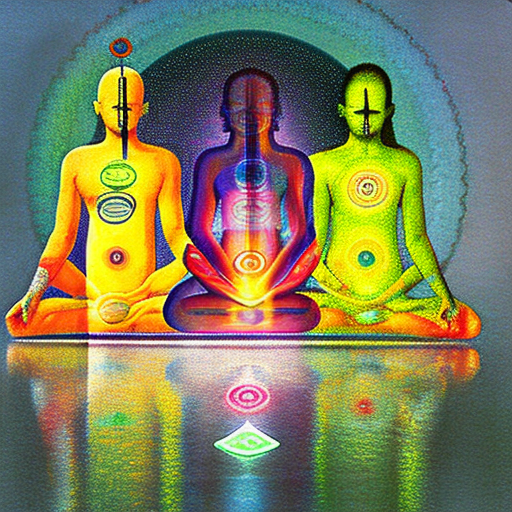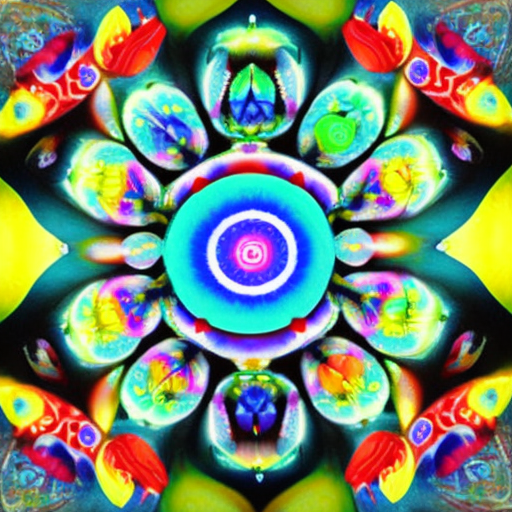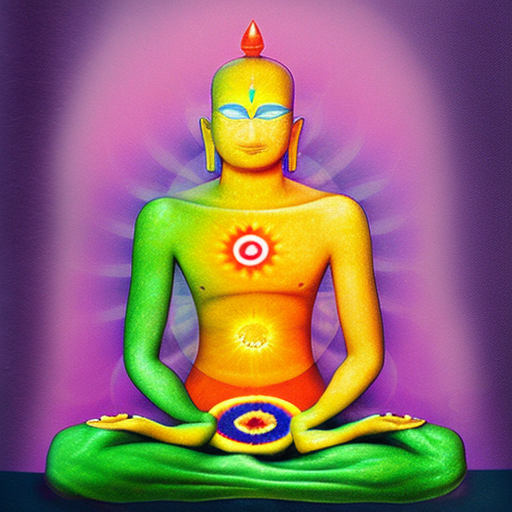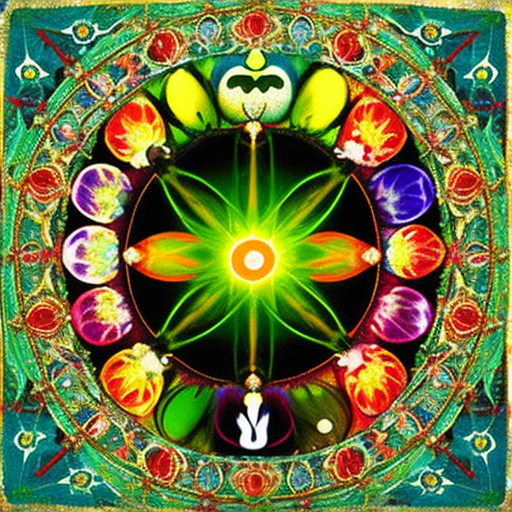Introduction to Chakra
Chakra is an intriguing concept that originates from ancient Indian traditions and has gained significant popularity worldwide. Chakra refers to spiritual energy centers within the human body believed to be responsible for various physical, mental, and spiritual aspects of our well-being.
The Roots of Chakra
The concept of Chakra has its roots in ancient Hindu philosophy and yoga practices such as Kundalini and Tantra. These practices emphasize the balance and harmonious flow of energy within the body to achieve optimal health and spiritual enlightenment.
The Seven Chakras
According to traditional teachings, there are seven major Chakras located along the central energy channel of the human body, known as the Sushumna. Each Chakra is associated with specific qualities and functions.
1. Root Chakra (Muladhara)
Located at the base of the spine, the Root Chakra is associated with our sense of stability, grounding, and connection to the physical world.
2. Sacral Chakra (Svadhishthana)
The Sacral Chakra, located just below the navel, is associated with creativity, sexuality, and the flow of emotions.
3. Solar Plexus Chakra (Manipura)
Situated in the upper abdomen, the Solar Plexus Chakra is connected to personal power, confidence, and self-esteem.
4. Heart Chakra (Anahata)
Positioned in the center of the chest, the Heart Chakra represents love, compassion, and emotional well-being.
5. Throat Chakra (Vishuddha)
Located in the throat region, the Throat Chakra governs communication, self-expression, and authenticity.
6. Third Eye Chakra (Ajna)
Situated between the eyebrows, the Third Eye Chakra is associated with intuition, clarity, and inner wisdom.
7. Crown Chakra (Sahasrara)
Located at the top of the head, the Crown Chakra is the highest energy center, representing spiritual connection, enlightenment, and higher consciousness.
Understanding Chakra’s Global Influence
Over the years, the concept of Chakra has transcended its origins and has become popular in various spiritual and holistic practices worldwide. It has been integrated into different forms of meditation, energy healing, yoga, and alternative medicine.
Benefits of Balancing the Chakras
Balancing the Chakras is believed to promote physical, emotional, and spiritual well-being. By keeping the Chakras in harmony, individuals may experience improved vitality, clarity, emotional stability, enhanced intuition, and deeper connections with oneself and others.
Conclusion
Chakra, originating from ancient Indian traditions, has captivated individuals worldwide with its potential to enhance overall well-being and spiritual growth. By understanding and working with the Chakra system, individuals can explore new dimensions of self-discovery, healing, and personal transformation.




Chakra is believed to come from Hinduism and Buddhism, originating in Southern Asia. According to ancient tradition, it is believed that the chakra system is a map of the divine energy within each person. Depending on how one works with the chakras, the pathway of energy in the physical, mental, and spiritual aspects of the individual can be balanced.
I’ve recently seen it described as the endocrine system for the emotions. Interesting connection!
This is a really fascinating topic! It’s amazing what the ancient traditions have taught us about the divine energy within us and how it can be balanced. It’s also really interesting to think about the similarities to the modern-day endocrine system for emotions!
Chakras are indeed believed to come from Hinduism and Buddhism, originating in Southern Asia. In these ancient traditions, the chakra system is seen as a map of the divine energy within each individual. It is said that chakras are spinning wheels or vortexes of energy that exist in the subtle body, which is the energetic counterpart to the physical body.
There are seven main chakras, each located at specific points along the spine, from the base to the crown of the head. They are associated with different colors, elements, sounds, and qualities. The chakras are believed to be interconnected and when balanced, they allow the free flow of vital life force energy, contributing to our overall well-being.
It’s interesting to note that while the concept of chakras originated in ancient Eastern traditions, it has also been embraced and studied by modern-day practitioners and healers from various spiritual and holistic disciplines. Chakra healing and balancing techniques have become increasingly popular in recent years, as people seek alternative methods to promote physical, emotional, and spiritual healing.
Ultimately, the concept of chakras reminds us of the intricate connection between our physical, mental, and spiritual aspects. By understanding and working with our chakras, we can strive for balance and harmony within ourselves, leading to a more fulfilling and enlightened life.
Are the energy centers in the body that correspond to different bodily and spiritual functions.
According to Hindu and Buddhist teachings, there are seven main chakras located along the spine, from the base to the crown of the head. Each chakra is associated with a specific color, element, mantra, and attributes. They are believed to be vital for maintaining physical, emotional, and spiritual well-being.
While the origins of the chakra system can be traced back to ancient India, it’s important to note that the concept of energy centers within the body is found in various cultures and spiritual practices worldwide. Similar concepts can be found in yoga, Ayurveda, traditional Chinese medicine, and even Native American traditions.
In Hinduism, chakras are often depicted as lotus flowers with different numbers of petals, representing the different levels of consciousness associated with each chakra. In Buddhism, chakras are seen as energy wheels that can be purified and balanced through meditation and other spiritual practices.
In modern times, the understanding and study of chakras have been embraced by a wide range of individuals, both within and outside of religious and spiritual contexts. Many people use various techniques to balance and activate their chakras, such as meditation, yoga, sound healing, and energy work.
Ultimately, the concept of chakras has transcended its cultural origins and has become a global phenomenon, attracting people from different backgrounds and beliefs who seek to explore and harness the potential of their own energy centers. Whether you approach it from a religious, spiritual, or scientific angle, the exploration of chakras serves as a powerful tool for self-discovery and personal growth.